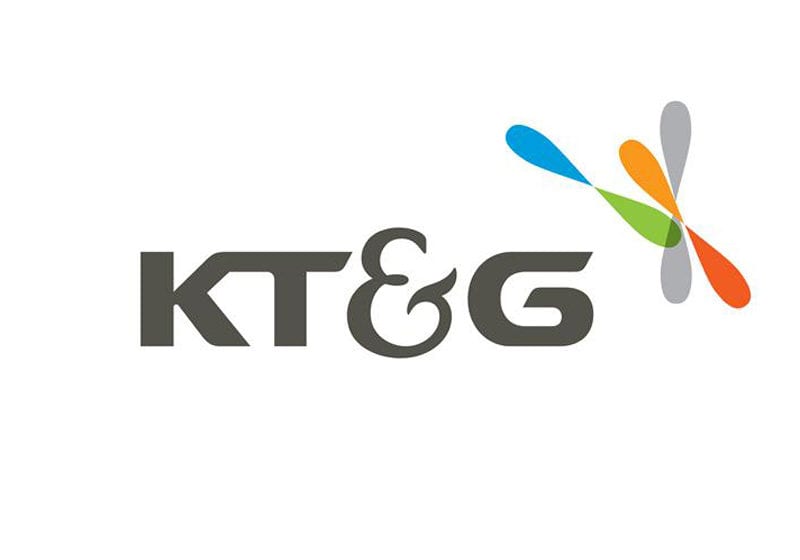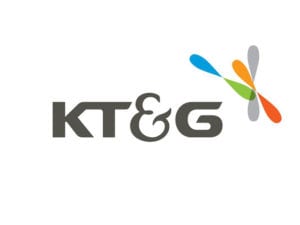
Tobacco growers in Zimbabwe have voiced concern over tobacco leaf prices at the auction floors, which have capped out at $4.99 per kilogram compared to around $6 per kilogram on the contract floors, reports NewsDay. Growers are worried about buyer collusion.
“The season is progressing reasonably well, even though we have raised concern about the $4.99 cap, which is on the auction system, and for us, it’s a kind of a sign of collusion, which is worrisome,” Zimbabwe Tobacco Growers Association President George Seremwe said. “We cannot have the auction system offering lower prices than the contract.”
“The contract has gone up to $6.90, and for us, there is a discord,” Seremwe said. “The same buyers who are buying at the auction are the same buyers who are also buying at the contract.
“So that’s why we suspect there’s collusion. We would want the prices to go up because if you look at the production cost, it was quite high.”
Tobacco growing will not be sustainable for the farmers due to poor auction floor prices, according to Seremwe. “So, the growth of tobacco has to be attractive by the prices. We know the price world over has gone up, so we also expect the prices to go up than what is currently prevailing on the market,” he said.
“We talk of sustainability of the farmer. As farmers, we think it is not sustainable at the moment.”
Farmers expected the prices to be better compared to last year, said Shadreck Makombe, president of the Zimbabwe Commercial Farmers’ Union. “The prices are not yet at what we would have expected,” Makombe said. “We would have expected a few coins up.”
“Again, it’s the only start of the marketing season, [and] most of the tobacco being sold there is primary leaf tobacco, not quite what we want,” he said. “We expect the prices to firm up or to increase for the farmers to get anything meaningful from their crop.”











 South Korea’s National Pension Fund (NPF) will vote in favor of KT&G’s CEO nominee Bang Kyung-man at the cigarette manufacturer’s upcoming shareholder meeting, reports the
South Korea’s National Pension Fund (NPF) will vote in favor of KT&G’s CEO nominee Bang Kyung-man at the cigarette manufacturer’s upcoming shareholder meeting, reports the 






